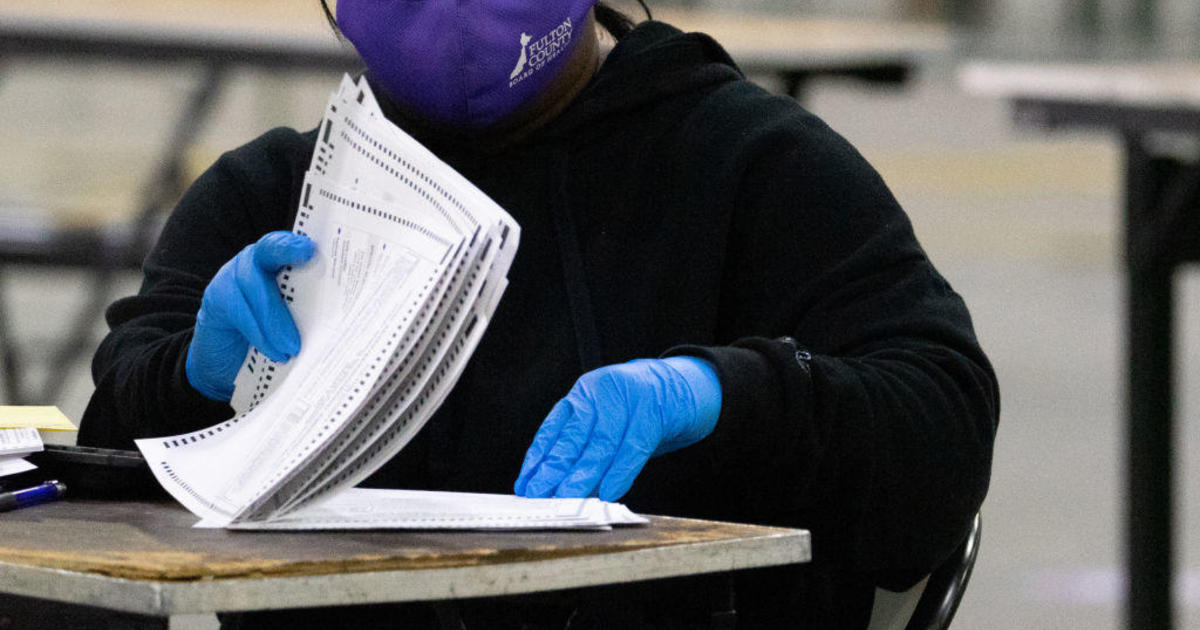In Georgia, a recent ruling by Fulton County Judge Robert McBurney has clarified that elections officials must certify results by the date required in state law, without the discretion to delay certification due to concerns about fraud or other issues. The judge emphasized that election superintendents in Georgia have a mandatory fixed obligation to certify election results by November 12th, as outlined in state statutes.
The ruling stemmed from a case filed by Julie Adams, a Republican member of the Fulton County election board, who contended that election board members had the authority to delay certification in order to investigate potential fraud. Adams argued in her complaint that without this power, she would be unable to fulfill her oath of office. However, Judge McBurney’s order made it clear that no election superintendent or member of a board of elections and registration can refuse to certify or abstain from certifying election results under any circumstances.
The case was supported by the America First Policy Institute, a group aligned with former President Donald Trump. During a bench trial on October 1st, Adams’ attorneys argued that election officials should be allowed to certify results excluding batches of ballots they were investigating for fraud. However, Judge McBurney’s ruling emphasized that while superintendents have a duty to investigate concerns about miscounts, they do not have the authority to investigate or determine fraud. Any suspicions of fraud should be reported to law enforcement agencies, such as the Georgia Bureau of Investigation, the Secretary of State, district attorneys, and the Attorney General.
Adams, the plaintiff in the case, was not immediately available for comment on the ruling, which is subject to appeal. Quentin Fulks, a spokesperson for Vice President Kamala Harris’ campaign, welcomed the decision, highlighting the importance of protecting elections from attempts to disrupt them.
Judge McBurney, who also oversaw the grand jury that indicted Trump and others in 2023, is presiding over other challenges related to the upcoming presidential election in Georgia. One such challenge involves new rules passed by the State Election Board in September, which critics argue could potentially delay the certification of the election due to requirements such as a hand count of ballots. A ruling on this case is still pending.
As Election Day approaches, the legal battles surrounding election procedures and certification continue to unfold in Georgia, a key battleground state in national politics. The outcome of these legal disputes will have a significant impact on the integrity and legitimacy of the electoral process in the state.
In the midst of these legal proceedings, it is essential to uphold the principles of democracy and ensure that every eligible voter can cast their ballot with confidence, knowing that their voice will be heard and their vote will be counted. The rule of law must be respected, and election officials must adhere to their obligations under state statutes to certify election results in a timely manner, free from undue influence or interference.
As the nation watches closely, the outcome of these legal challenges will not only shape the results of the upcoming election but also set a precedent for future elections and the protection of democratic norms and institutions. It is imperative that the rule of law prevails, and that all parties involved respect the judicial process and adhere to the legal framework governing elections in Georgia. Only through a fair and transparent electoral process can the will of the people be accurately reflected and upheld.









